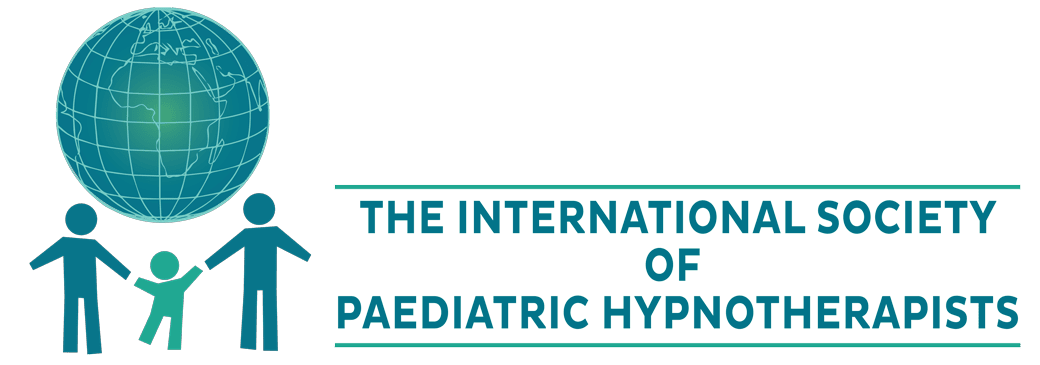Exam stress in children is increasingly common, especially as academic expectations grow and children face pressure to perform well at younger ages. For some, this stress can be motivating, but for many others, it creates anxiety, sleep issues, self-doubt, and even physical symptoms like headaches or stomach aches. When stress begins to affect a child’s wellbeing or academic performance, it is time to look for ways to support them more effectively.
Understanding Exam Stress in Children
Children experience exam stress in different ways. Some become tearful, irritable, or withdrawn. Others may refuse to go to school, worry constantly about getting things wrong, or feel overwhelmed by revision. What might seem like a minor test to an adult can feel enormous to a child.
This stress can affect more than just academic performance. It can lead to changes in appetite, sleep problems, or even physical symptoms like nausea or headaches. Some children may begin to dread school altogether, especially if they start to associate learning with fear or shame.
Even confident children can feel the effects of exam pressure. A child who usually enjoys school may become unusually anxious or self-critical during exam season. Without the right support, these feelings can damage their long-term relationship with learning and leave them doubting their abilities.

This stress can come from fear of failure, a desire to please parents or teachers, or even comparison with friends and siblings.
“Children often take on silent pressure. They don’t always say when they are struggling, but it shows up in their behaviour and in their bodies.”
Paul White, founder of TISPH
Why Exam Stress Can Become a Problem
When a child is under constant pressure, their brain begins to associate learning and schoolwork with fear or discomfort. Over time, this can create a pattern of avoidance, anxiety, or panic. The subconscious mind, which is there to protect them, starts to trigger stress responses even in situations that are not dangerous.
Because children live in their imagination, they may begin to visualise failure or embarrassment vividly, reinforcing their fears. But this same imagination can also be used to build calm, confidence, and focus with the right support.
How Hypnotherapy Can Help
Hypnotherapy helps children manage exam stress by calming the nervous system and retraining the mind to respond more helpfully. Through guided stories, relaxation, and visualisation, children learn to approach exams with greater ease and confidence.
Instead of feeling stuck or overwhelmed, they begin to develop a sense of control and self-belief. A therapist might help them create a mental “focus switch,” a calming place in their mind, or a visualisation of success. These imaginative tools are often very effective because children are naturally receptive to metaphor and story.
On average, children take half the number of sessions adults need, as their imaginations make them more responsive to therapeutic techniques.
A Story of Success
An eleven-year-old boy was struggling with exam stress in his final year of primary school. He complained of stomach aches every morning and had stopped sleeping properly. He worried constantly about letting his parents down.
Through hypnotherapy, he created a relaxing visual anchor he could use before and during exams. He learned simple breathing techniques and imagined himself calmly reading the paper, answering questions with focus. After just four sessions, he sat his assessments feeling steady and proud of his efforts.
What to Expect from Hypnotherapy
Hypnotherapy for exam stress in children is gentle, enjoyable, and tailored to each child’s needs. It does not involve pressure or clinical settings. Instead, it supports children using creativity and calm.
- Many children feel more relaxed and focused within a few sessions
- Parents are kept informed and supported with advice on how to reduce stress at home
Sessions may include drawing, storytelling, metaphor-based visualisation, and short techniques children can use independently.
Why Choose a TISPH-Qualified Therapist?
TISPH therapists are specially trained to work with children and understand the unique pressures that exams can bring. They use developmentally appropriate language and techniques to help children feel supported, not judged.
You can find a qualified therapist using our Find a Hypnotherapist page.
Common Questions
Can hypnotherapy really help with exam stress in children?
Yes. Hypnotherapy is often highly effective in helping children feel calmer, more focused, and more confident before tests or assessments.
Will my child need to talk about their worries in detail?
Not necessarily. Hypnotherapy uses storytelling and visualisation, so your child does not need to explain everything in words. The process works through their imagination, often with surprising results.
